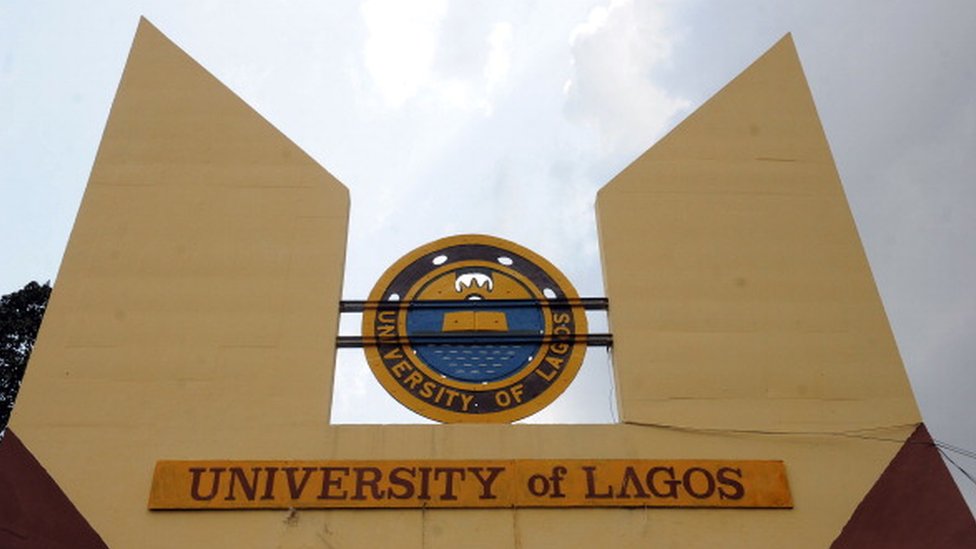The first female Emeritus Professor of Medicine at the University of Lagos (UNILAG), Prof. Yetunde Olumide, has inaugurated the newly established Dermatology Centre at the Lagos University Teaching Hospital (LUTH) to enhance skincare outcomes in Nigeria and beyond.
Speaking at the inauguration on Thursday in Lagos, Prof. Olumide described the facility as “a centre of excellence for dermatology care.”
She said the new centre would improve patient outcomes while providing opportunities for teaching, learning, and research in dermatology and related fields.
According to her, the facility—fully equipped with modern dermatology equipment—would serve as a global hub for research and healthcare innovation, not only for LUTH but also for Nigeria and the international medical community.
“I’m overwhelmed with joy to be alive to witness this landmark achievement,” Olumide said.
“I’m 83 years old and worked here several decades ago when we used the old facility, which was in a deplorable state, yet we continued to serve.“All my mentees kept giving their best, not knowing that one day the Federal Government would provide such a befitting facility for dermatology care.
“When you treat a patient, the ambience of the facility also matters. A pleasant environment aids healing and motivates both patients and healthcare workers.
“No doubt, this new centre will encourage our trained professionals to remain in Nigeria rather than seek greener pastures abroad.”
The Chief Medical Director of LUTH, Dr. Wasiu Adeyemo, said the facility—an annex of the hospital and the first of its kind in Nigeria—was fully equipped for comprehensive dermatology and rheumatology care.
He explained that the three-storey building was fully funded by the Federal Government under the Renewed Hope Agenda, aimed at expanding healthcare infrastructure nationwide.
“The structure is designed to make operations comfortable for consultants, nurses, doctors, and other health professionals working here,” Adeyemo said.
“It is completely solar- and inverter-powered, not dependent on public electricity supply. We may also explore public-private partnerships to ensure effective maintenance and sustainability.
“The intention is to change the healthcare narrative in Nigeria—making medical practice more attractive and comfortable.
“Beyond remuneration, the lack of functional facilities drives professionals abroad. A centre like this will help reverse the trend and make healthcare delivery more efficient.”
He added that the building houses facilities for patient care, research, and training, noting that it was financed through the federal budget.
“If we are to reverse the brain drain, we must provide facilities like this,” he said. “Many Nigerians travel abroad for skin treatment—even for minor conditions. A centre like this will attract patients locally and internationally.”
Also speaking, Prof. Adegbola Ogunbiyi, Professor of Medicine at the College of Medicine, University of Ibadan, and guest speaker at the event, called on the Federal Government to prioritise dermatology care to improve access and quality of treatment for Nigerians with skin diseases.
Prof. Ogunbiyi, who is also a Consultant Dermatologist, noted that skin diseases significantly affect productivity and quality of life.
“Skin diseases can be very stigmatising and can impact negatively on one’s self-esteem and productivity,” she said.
“Many people dress not because of fashion but to hide their skin conditions, while others avoid social interactions altogether.“Virtually all skin diseases are treatable if people seek care from qualified dermatologists. Unfortunately, treatment is often paid for out-of-pocket, despite how stigmatising these conditions can be.
“The government should include skin disease management in the national health insurance scheme to ensure affordable access to care.”


